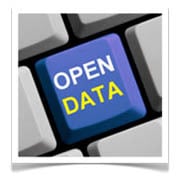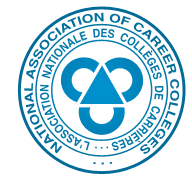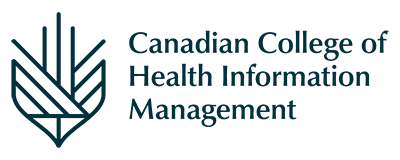We hear the term a lot these days…and I always picture data facing an enemy, engaged in fierce battle. Data with spears, and lasers, and ray-guns! (I have been told I have an active imagination). But what does data liberation mean?
 From the perspective of the individual, data liberation is likely synonymous with free unfettered access to their health information. To read the contents of their health record without redactions or at an exorbitant price. It is after all, their data, isn’t it? And so the age old debate continues: the person’s data, but the organization’s file. Sigh.
From the perspective of the individual, data liberation is likely synonymous with free unfettered access to their health information. To read the contents of their health record without redactions or at an exorbitant price. It is after all, their data, isn’t it? And so the age old debate continues: the person’s data, but the organization’s file. Sigh.
Theoretically, electronic records would make things easier – no need to retrieve a chart from wherever it has been stored, and then disassemble the record, copy the pages, reassemble the record etc. Just ‘click and go’. However, that doesn’t seem to be the prevailing opinion. (http://arstechnica.com/tech-policy/2013/03/majority-of-doctors-opposed-to-full-access-to-your-own-electronic-records/).
There can be many legitimate reasons why a clinician may want to review the information before granting access, or even to have the conversation with the person to explain how information is collected and recorded. But with more savvy consumers, and with a growing expectation that consumers are partners in their care, the expectations that the data will be available are a natural outcome and should be embraced. The client might just possibly identify an error of significance that, without identification, may have led to inappropriate referrals or treatments. Similarly, educating the client may help to empower the client, give them information they need to make better health decisions. Telling a person to lose weight is one thing, showing the person their angiogram that clearly highlights the blockages may provide the motivation to change their behaviour.
They won’t understand the contents, the medical jargon, the lab results…yes indeed, these are very real points. However, if the person is to become an active participant in their health care, wouldn’t you want to invest the time to educate them? Maybe they don’t need to know every single lab result’s full name, but a flag that there is something different from the norm might be a useful indicator for them. With all the electronic gizmos that measure bodily functions, and then upload these results to larger systems, the person is already involved in producing some of the data, so why not help the person understand it?
But what about privacy, confidentiality, security? Well, what about them? In thousands of organizations, the security protocols address access to electronic records. The person is just one more user – and should be set up with full access to review documents. But what if the person shares the information, posts it on Facebook? It is their information – if they chose to do so, they face the repercussions. Sure, there will be some people who in one moment may post something that they later regret, but that is life. The clinician or HIM professional can educate the person, but ultimately, the person should have the right (and face the consequences) of any use of their data that they have posted/copied/uploaded or shared.
Too much information is rarely a problem, too little understanding is.





